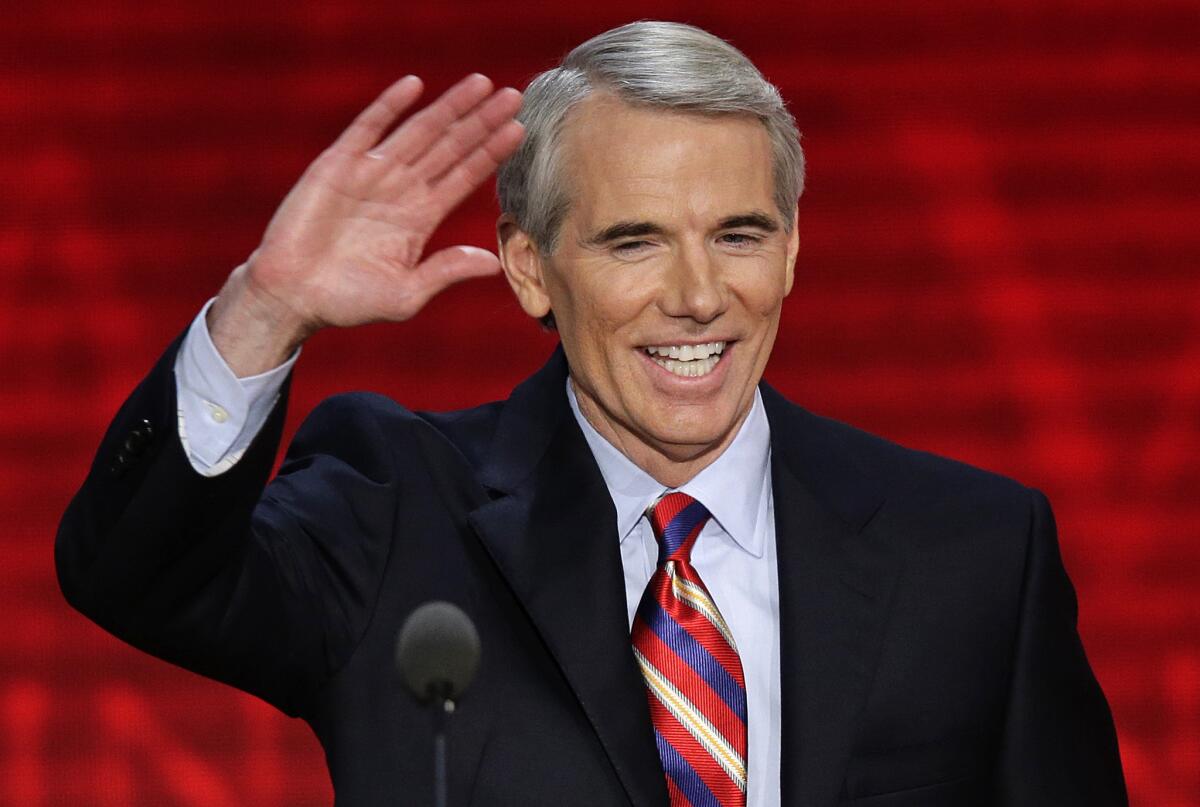Daum: Cure for homophobia? It’s personal

The other day, I stumbled across a conversation about homosexuality on a local Christian radio station. There were three people talking, and after the predictable hemming and hawing about loving the sinner and hating the sin (though in this case, the sin and sinner seemed so inextricably linked when it comes to sexual activity that the distinction was largely irrelevant), one of them homed in on a grand observation.
“Notice how you don’t see many images of older people in gay literature and media. It’s a party scene, a ‘me-obsessed’ culture.” (I’m paraphrasing.)
The others quickly jumped in, painting the “gay lifestyle” as an extra-depraved wing of youth culture, a hub of vanity and the kind of body-conscious male narcissism that plays out in the shallow bacchanal of West Hollywood nightclubs. (Again, I’m paraphrasing.)
TIMELINE: Gay marriage chronology
As I marveled at this logic, which is more or less analogous to saying that the “straight lifestyle” is some cliche-ridden mash-up of “Jersey Shore” and “Father Knows Best,” I was reminded why Republican Sen. Rob Portman’s reversal last week on gay marriage, and his support of his gay son, is such a watershed. When it comes to understanding differences, the conventional wisdom is that most people, especially politicians (and especially conservatives), just can’t muster empathy unless the difference in question infiltrates their personal lives.
The conventional wisdom about that conventional wisdom is that this is a character flaw. Portman, who was first dinged by liberals for knowing his son’s orientation for at least two years while he nonetheless upheld GOP anti-gay positions, is also getting blasted for standing up for gay people only after he made peace with being a parent of one.
These are valid points, but Portman’s evolution is hardly uncommon and it’s hardly unique to Republicans. President Obama’s declaration of support for gay marriage last spring came about, he said, after considering “members of my own staff who are incredibly committed in monogamous, same-sex relationships.” Hillary Clinton’s announcement Monday that she, too, was hopping on the marriage-equality bandwagon, included the words: “My views have been shaped over time by people I have known and loved.”
All of this underscores the degree to which gay issues don’t merely invite the merging of the personal and political, they depend on it. For years, polls have shown a correlation between knowing a gay person and supporting LGBT rights. And it would stand to reason that mass media depictions of gays and lesbians as staid, suburban parents (like the doting, neurotic two-dad unit on “Modern Family”) has had a dramatic effect on public acceptance.
But as I sat in my driveway listening to the radio Christians assert that all gay men are preening, fashion-obsessed gym rats (were they unfamiliar with Barney Frank?), I realized how naive it is to think that long-held stereotypes can be extinguished by “Modern Family” alone. Some progressives may hate to admit it, but the best antidote for bigotry remains real families.
Portman’s path to enlightenment wasn’t intrinsically politically correct, but it was intrinsically human. It was flawed, full of detours and even exasperatingly self-serving. But it was a path nonetheless, and Portman deserves credit for setting out on it rather than remaining safely at his starting point.
Still, most people prefer their feel-good narratives to be more clear-cut. It’s perhaps no coincidence that last week an image of a handwritten letter became an Internet sensation. “I’ve known you were gay since you were six,” a father wrote to his gay son. “I’ve loved you since you were born.” The post had been shared on Facebook more than 50,000 times as of Wednesday, sparking loads of effusive comments.
“People are really craving this kind of reaction,” said the founder of the anti-hate group that first posted the letter.
No doubt they are. But children have been craving parental reactions they’ll never get since the beginning of time, which is also about as long as fathers have been fumbling the ball when offering emotional support. When it comes to Portman, maybe we’d be wise to accept this dad as he is.
More to Read
A cure for the common opinion
Get thought-provoking perspectives with our weekly newsletter.
You may occasionally receive promotional content from the Los Angeles Times.







